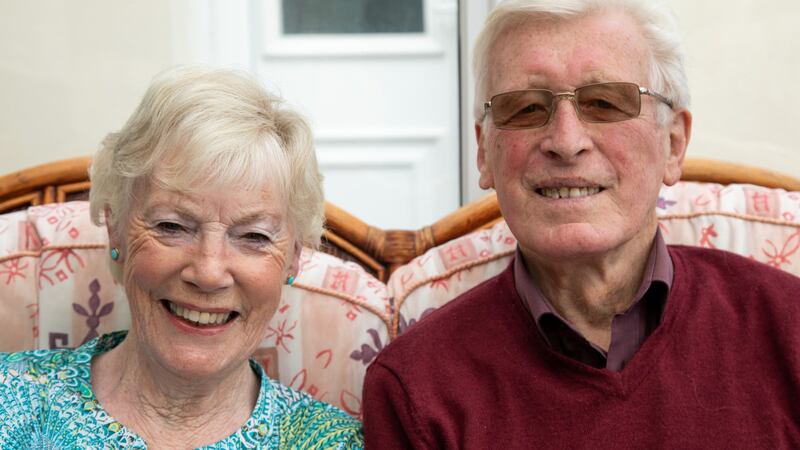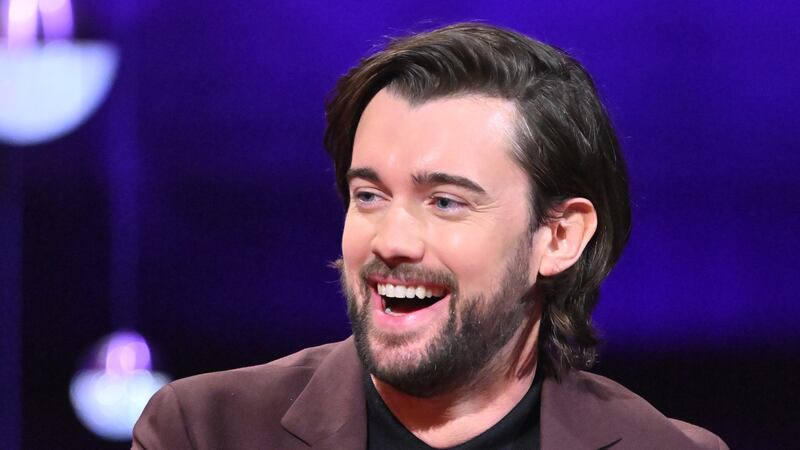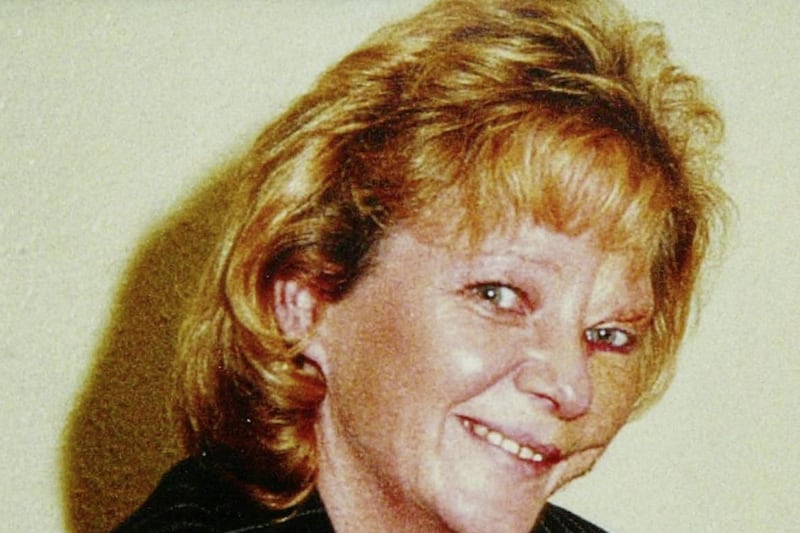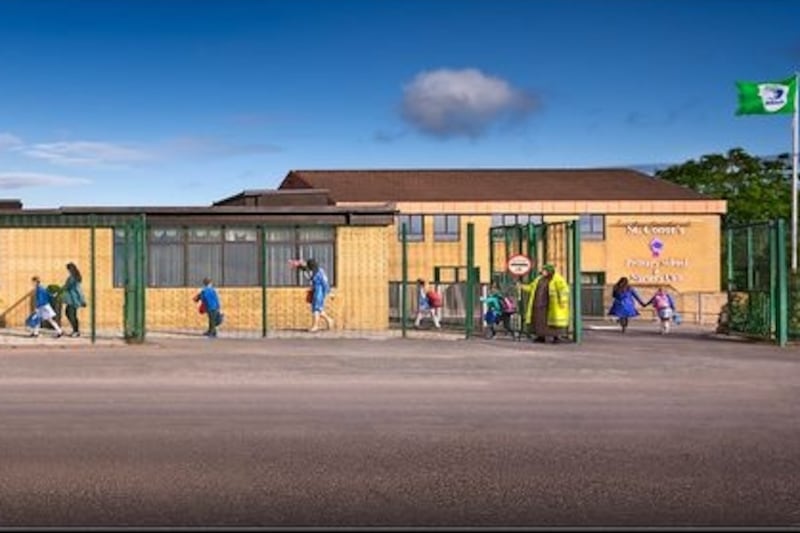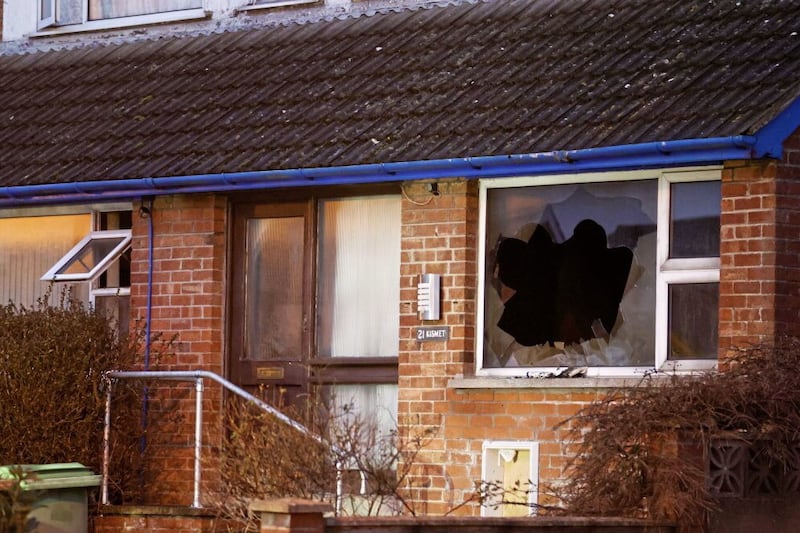A couple who lost two babies to heart disease have since dedicated their lives to fundraising for medical research aimed at saving young children.
June and Jim Machin, from Sunderland, have raised more than £600,000 since their sons, Ian and Anthony, died in the 1970s.
After their “devastating” loss the pair said they “threw” themselves into collecting money for the British Heart Foundation (BHF), which is marking its 60th anniversary on Wednesday.
“We had our first son in 1972 and, unfortunately, he was born with congenital heart disease,” 80-year-old Mrs Machin said.
“He lived for a year, but he died the day after his first birthday.
“We got involved with the BHF a couple years later in 1975. So our association with them has been a long one.”
They next had daughter Andrea, who had not inherited the heart condition, but in 1976 June gave birth to their youngest son Anthony, who was also found to have heart problems.
Mrs Machin said: “Anthony had the congenital disease but also his organs were on the wrong side of his body. He only lived a couple of days. It was heartbreaking to say the least.
“Andrea was certainly my saviour both times because we were pregnant with her when Ian died and, obviously, I had to look after myself for this baby. And then she was two-and-a-half when we had Anthony. And so I couldn’t let go again, because I had a small child to look after.”
They later found out the condition Ian and Anthony had been born with only occurs in children who have two parents with the same rare gene.
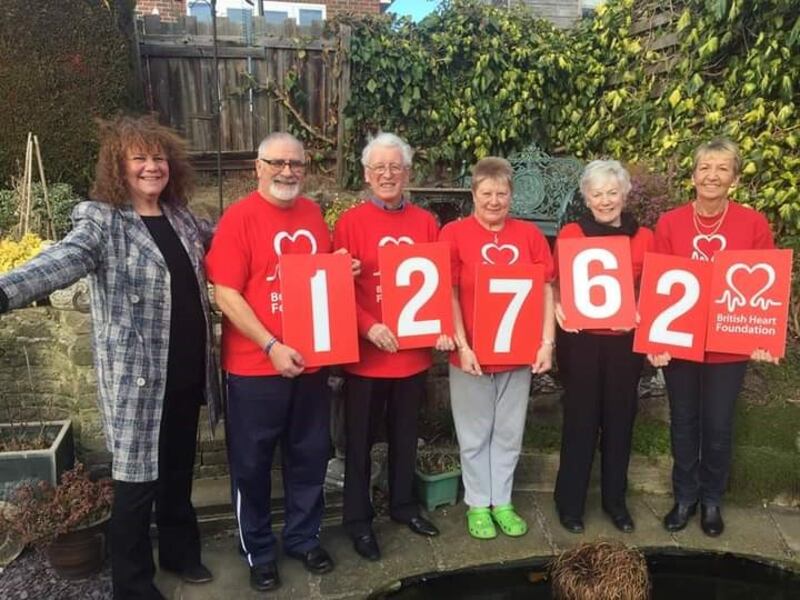
“If we’d married other partners, this might never have happened. But the fact that we both have the same gene is what caused it… it’s sort of one in a million chance,” Mrs Machin said.
“We wanted to find out more to see if Andrea might have a problem when she was older but she doesn’t. Finding out, we were both relieved, it was a comfort to know what had caused it.”
Alongside members of their local fundraising committee, they have thrown pie-and-peas suppers, coffee mornings and cake sales to raise money, and still regularly stand with collection buckets outside their local supermarkets. Andrea and their granddaughter, nine-year-old Emily, have also become regular fundraisers.
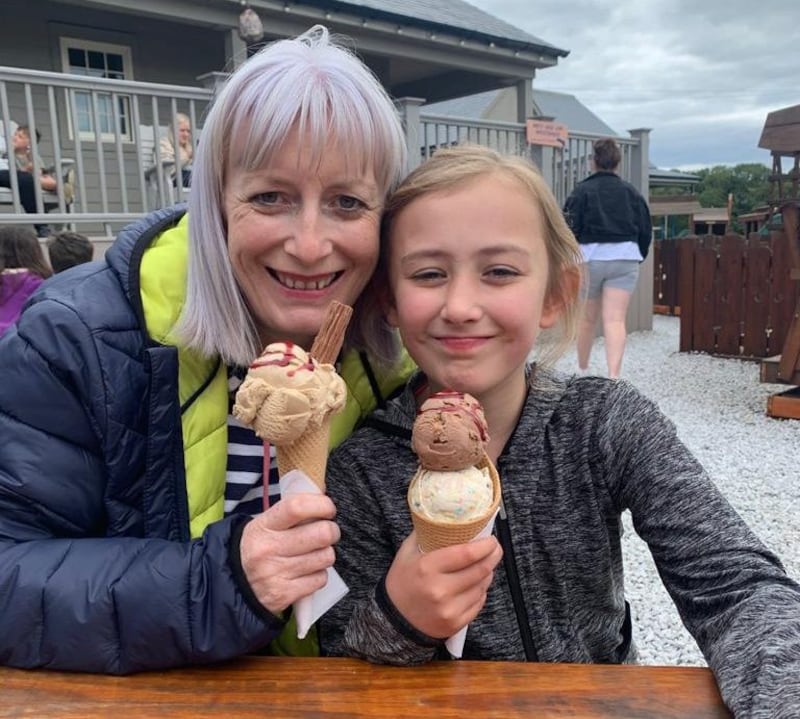
The BHF was founded in 1961 when 70% of heart attacks were fatal, and the Machins say they have witnessed such advancements in medicine that now the vast majority of children with conditions like their sons had survive.
Compared with the 1960s when eight out of 10 babies born with a congenital heart condition died before their first birthday, eight out of 10 now survive to adulthood.
Mrs Machin said: “Just two summers ago, when we were collecting in the supermarket, we were approached by a young couple with their little boy. He had almost an identical condition to ours. There was nothing they could do back then for my babies, but they could help this little boy now.”
They have both toured BHF-funded laboratories and Mr Machin, 78, said he was proud to see the work being carried out there, adding: “The knowledge they have now is amazing.”
They plan to continue fundraising, with Mrs Machin adding: “We won’t give up until someone makes us.”
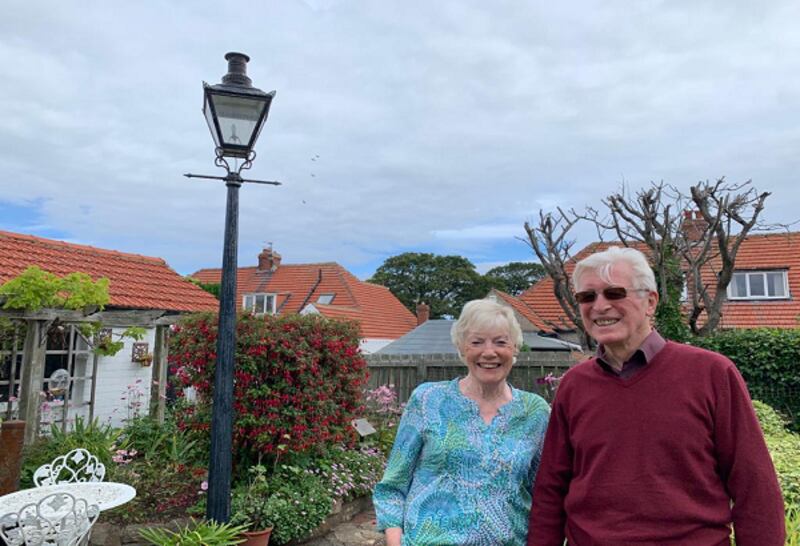
Professor Gianni Angelini, a BHF Professor of Cardiac Surgery at the Bristol Heart Institute, and his team have been pioneers in improved treatment for those with heart conditions, including investigating how operations to patch up a hole in the heart, seen in one in 500 newborns, can be improved.
They are also developing a way to treat children who have missing arteries using cells taken from the placenta and umbilical cord when they were born.
“The changes, not just in the treatment of children, but in all heart surgery has been vast,” Professor Angelini said.
“Coronary artery by-pass surgery in the 1980s had a mortality rate of 18-20%. When I started one in four patients would die from heart operations. But now the chances of that happening are around 1% or less. It’s very, very safe.
“A significant part of that is due to BHF funding people like me to set up research teams like we have in Bristol.”
